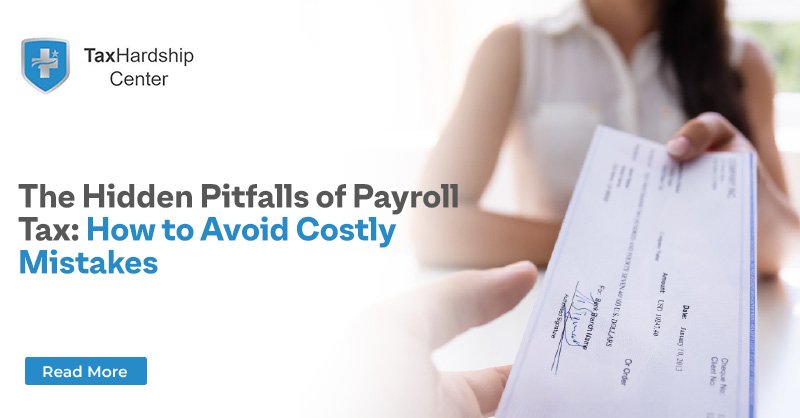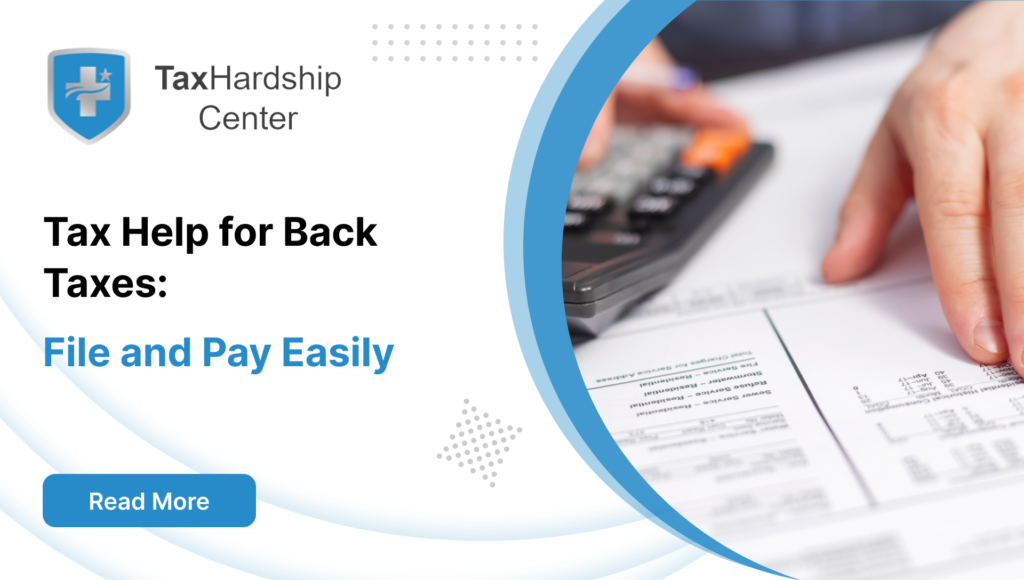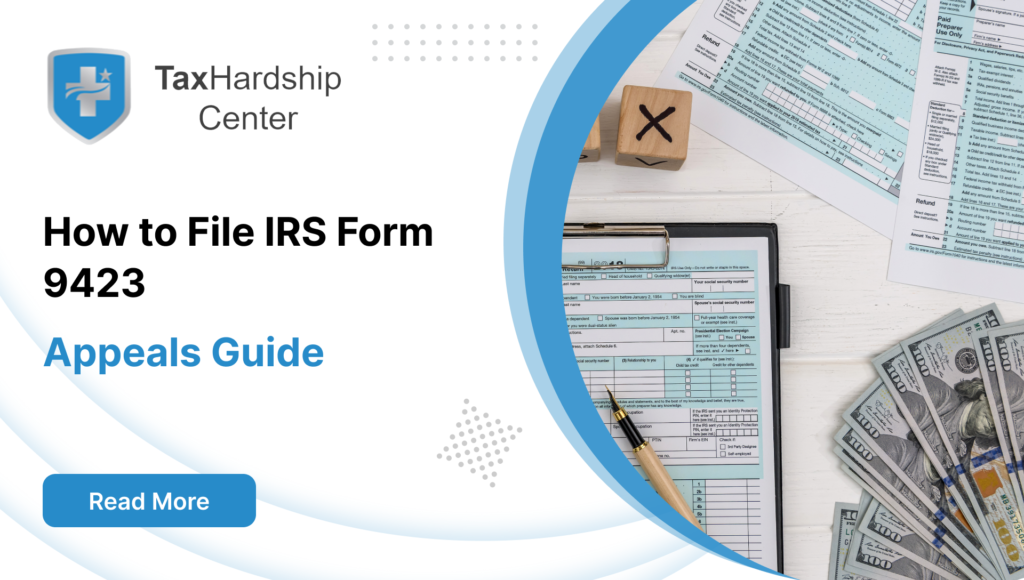Payroll tax issues currently form a significant headache for all the stakeholders in the modern multi-faceted finance sector. Payroll tax is substantial to the US tax system because it helps raise the government’s revenue while at the same time presenting problems in many ways to both employers and employees. A detailed article regarding the hidden dangers associated with payroll tax and its potential impacts on businesses and persons in the US market.
Understanding Payroll Tax
Payroll tax refers to taxes employers deduct from employees’ salaries to finance numerous government initiatives, including Social Security and Medicare programs. Employees are not the only obliged party but also employers who have to make their contributions to payroll taxes. Although payroll and tax are necessary for several reasons, many people are at a loss regarding this issue.
The Basics of Payroll Tax
The payroll tax, often called employment tax, is one of the pivotal components of the US tax system. It includes taxes that both employers and employees must contribute, and its primary components are
1. Social Security Tax
The tax goes to the Social Security program, which pays for retirement, disability, or survivor’s benefit. The social security tax rate 2022 is 6.2% each from both employer and employee.
2. Medicare Tax
Medicare tax finances health care programs for senior citizens and some disabled individuals. The sum of 1.45% from employers and employees is equivalent to 2.9%.
3. Additional Medicare Tax
Additionally, Medicare tax is charged at a rate of 0.9% on high-income earners. This is an additional tax that employees earning more than $200000, including $250,000 for married couples filing jointly, have to pay.
The Hidden Pitfalls
1. Compliance and Reporting
A typical payroll tax issue that affects companies is compliance errors and reporting issues. Withholding taxes, calculating, and writing them is complicated. Therefore, errors in these matters lead to some penalties and fines. It does not need to be mentioned that such mistakes could be more typical in small businesses as there usually is no specific payroll department in a small company and no possibility of hiring a tax professional.
2. Cash Flow Challenges
Businesses often need more time to make payroll taxes. Most employers must withhold and make periodic deposits of payroll taxes. This causes cash flow problems, especially for firms whose revenues vary seasonally or irregularly. Not paying the payroll tax on time involves high fines and legal liability.
3. Employee Relations
The payroll tax challenges are also harmful in terms of the employer-employee relationship. Employers who err on their side of tax withholding or fail to report income correctly may cause an unhappy employee.
Such employees might feel aggrieved, thereby questioning their trust in the employer. Accurate payroll tax withholding and swift correction of any mistakes will help in maintaining good employee relations. Open dialogue about tax deductions and amendments can avert confusion.
4. Legal Consequences
Not paying your taxes on time can land you in jail. Payroll tax compliance is crucial for any business. Failure to comply with these rules can lead to a spectrum of penalties and lawsuits by the IRS. These can include:
- Penalties: Businesses that fail to make timely tax payments or cheat on their liabilities will pay for this in monetary terms.
- Liability for Unpaid Taxes: Sometimes, the IRS may even require business owners to pay their overdue payroll taxes personally.
- Tax Liens and Levies: The IRS can place a lien on business property or seize funds from a bank account that were not paid toward withholding taxes.
- Criminal Charges: Finally, when a business owner or responsible individual commits more severe non-compliance or fraud, they could be liable for criminal action with penalties extending to prison terms or payable cash fines.
The Way Forward
Yes, sure, there is an issue of what can be called pitfalls of payroll tax, but everything is possible if you follow specific strategies. Small and large businesses may be advised to invest in payroll software while seeking legal advice about tax rules. It is essential to ensure payroll taxes are paid on time, compliance with statutory payroll taxes, and that open communication with employees is provided to avoid payroll tax problems.
Managing payroll tax well is critical to a successful business and, at the same time, paying taxes. Beware that pitfall you do not see coming; arm yourself with facts about the payroll taxes. Know that compliance with payroll tax is not just about money, but it is equally essential among employees and the authorities for developing trust and maintaining credibility.
Remaining current on the recent shifts in tax rules is crucial because it may determine whether one succeeds or fails in the modern setting where tax regulations are constantly changing. It is essential in determining your business’s financial health and reputation. Businesses and individuals must exercise caution regarding payroll tax since the complex nature of the tax poses considerable difficulties that may hurt an entity’s operations.
Comprehending the complexity surrounding payroll tax, remaining compliant, and immediately resolving any issues will ensure a stable financial base and good relationship between an employer and their employees and government officials. Being adept at paying payroll taxes in an era when financial responsibility and accountability take precedence over anything else can make one a successful person.
The role of technology in overcoming Payroll Tax
Like with other things in this world that change, the business environment also changes. Different types of payroll and accounting software make it easy to calculate, withhold, and report payroll taxes today. The use of these devices makes mistakes, and this makes it easy to stick to changing taxation laws.
Reliable payroll software ensures proper accounting of records and preparation of applicable reports for remittance, including automated tax payments. Additionally, there exist systems in some software solutions with instant updates of tax regulation, making sure that companies don’t have to track and readjust their payroll process.
It is advisable for small companies that have a tight budget and need more tax law knowledge to outsource their payrolls to professionals. Consequently, payroll service providers understand the taxing statutes, mitigating this potential problem. Similarly, they utilize modern payroll software that makes it easy for them to cope with the details of payroll tax.
Proactive cash flow management
Businesses can also need help with payroll tax collections when they have erratic income flows due to issues relating to timing. Sometimes, revenues may be seasonal or vary with a business’s project-related income. Financial planning should involve putting aside enough money to meet statutory payroll tax obligations. To proactively manage cash flow for payroll taxes, businesses can consider the following strategies
1. Create a Separate Account:
Segregate payroll tax funds into a different bank account. Businesses should, therefore, put aside the stipulated sum periodically to have the money upon arrival of the tax payment due date.
2. Budgeting and Forecasting:
Develop a detailed budget and forecast of future payroll tax liabilities. It enables businesses to be ready for such cases that would lead them into cash flow crises.
3. Consider Financing:
Businesses temporarily strapped for cash can explore financing, including short-term loans and lines of credit that do not compromise tax compliance.
4. Engage in Regular Financial Review:
Businesses must frequently evaluate their financial statements and Cash Flow predictions to identify budding payroll tax problems. Therefore, this facilitates early adjustment and plans.
The Role of Transparent Communication in Improving Employee Relations
Payroll tax processes directly affect employees because they undergo them as part of their job responsibilities. Such mistakes in tax withholding or reporting may also cause misunderstandings among employees, diffraction, and a lack of trustworthiness on the employer’s side. Transparency and open communication are essential for ensuring positive employee relations.
Here are some steps businesses can take to ensure employees understand the payroll tax problems and feel informed:
1. Pay Stub Clarity: The pay stub should also indicate how the various payroll tax deductions were broken down. This clarity allows an employee to discern what happens to his pay.
2. Regular Updates: Inform employees of changed tax withholding or tax rates earlier. This can happen via emails, meetings, and also using information material.
3. FAQs and Support: Develop a page or document on FAQs about tax payments and ensure that your workforce understands its existence. Ensure that you let your employees know that it is okay to voice their opinions and question or report any concerns they may have.
4. Designate a Point of Contact: Identify somebody or a department for employees to report queries and issues about payroll taxes.
Doing so will help them develop trust in their employees’ salary, thus informing them on their payroll tax obligation and ensuring that they make it an easy process for them to be compliant.








